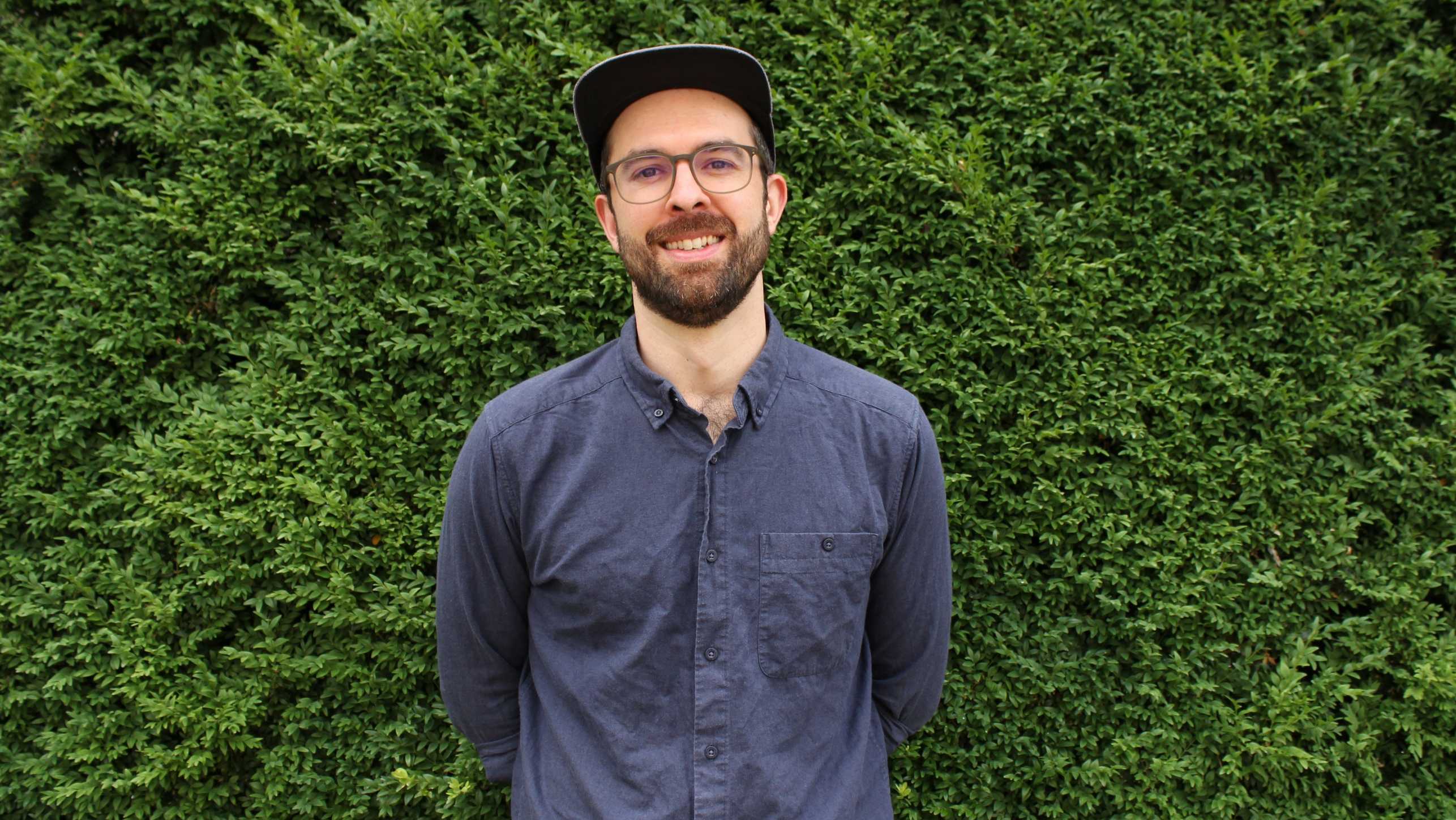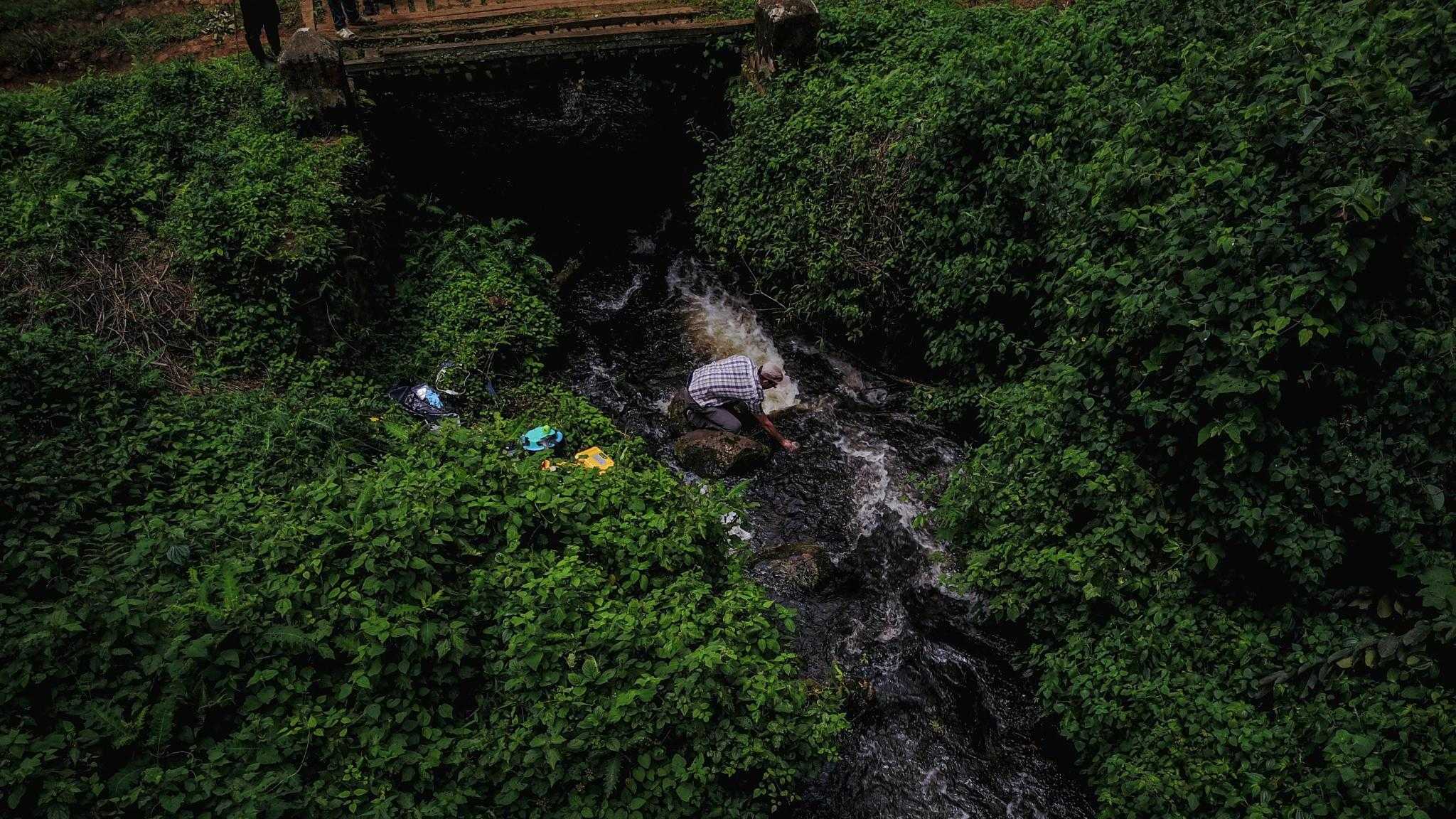Meet Travis Drake

“Studying rivers is fun and I have always enjoyed travelling for work. It is important to study the impact of human activities on vulnerable carbon stocks, especially in remote areas.”
Let’s meet Travis Drake, postdoctoral researcher in the SAE group. Travis comes from Oregon (USA), and he studied geology. During his PhD at the Florida State University, he focused on river biogeochemistry and climate change. In his current project ‘TropSEDs’ he looks at the impact of human-caused land use change on erosion and carbon cycling in rivers in the Democratic Republic of Congo.
What do you find exciting about your job?
“I have always loved camping and being in nature. During my studies and my PhD, I travelled to Siberia to investigate the effect of warming on permafrost. I have also done fieldwork throughout the USA, to Alaska, and to Africa for different projects. It is rewarding being outside, collaborating with smart people from all over the world and making great friendships.”
Why do you study rivers and why are they so important?
“Rivers are integrators of landscapes. Therefore, they are a good way to study how organic carbon is transported and lost through them to the atmosphere. Taking samples from a river to examine landscape processes can be seen as collecting a blood sample to check the health condition of a human being.”
Do you have a significant moment in mind of your work in the field?
“Field work is always full of challenges, and it is important to be flexible and creative. For example, we had to set up a metal staff gauge to measure water height in a river in Congo. After estimating the slope of the river bottom, drawing the project on paper, and finding simple materials in a local shop, we managed to erect it in the river with a basket full of concrete bags. However, a floating island of vegetation soon knocked it over. We were able to rebuild it with the help of a local who showed us a river inlet with less current and we could collect data for more than one year. So, the lesson is « Don’t give up! ».”
What is the value you see in this kind of research?
“The work at the SAE group is shading light not only on more visible processes, such as land use change, but also on less tangible ones, such as the impact of fertilizer use, carbon loss, and erosion. It is crucial to study areas receiving less attention like Congo, yet very important to the carbon cycle.”
If you are curious to know more about Travis’s research, visit the project website.
You can contact him via e-mail for more questions:
